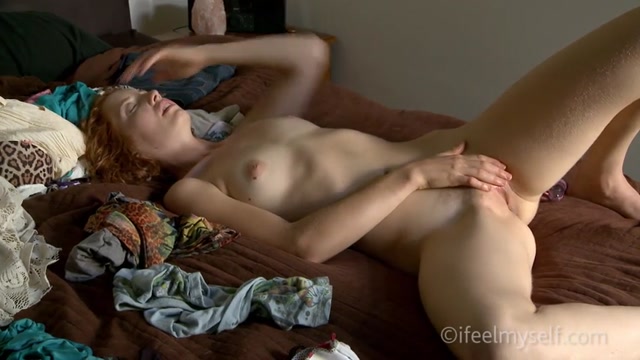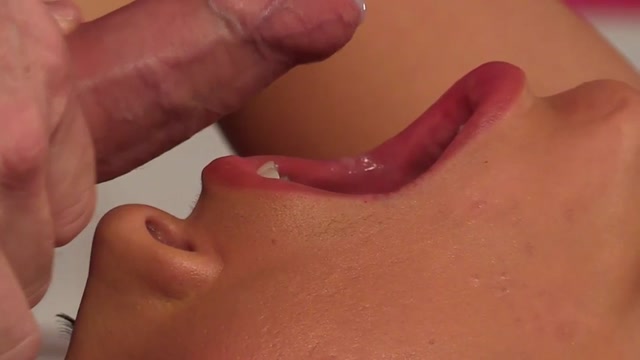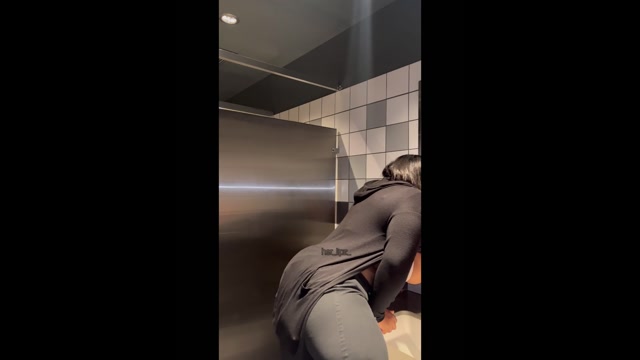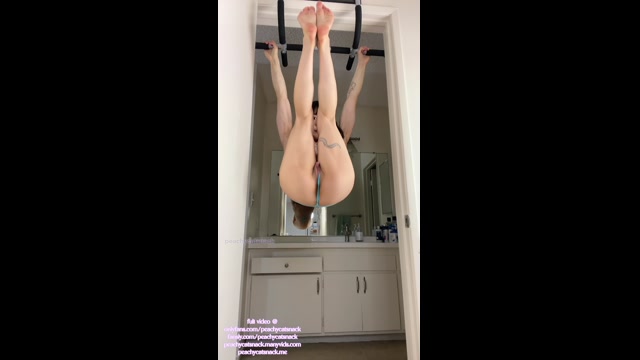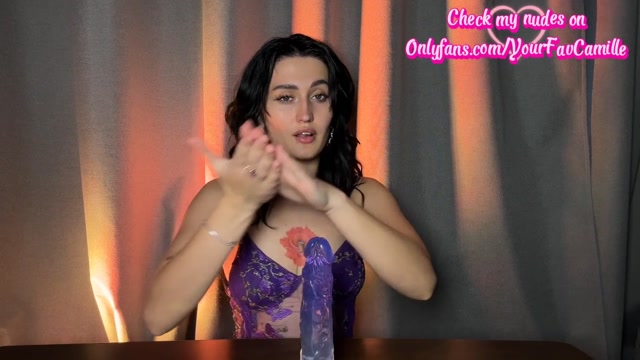Видео подобранные специально для вас:

Это вам может понравиться:
2 дня назад
3 дня назад
3 дня назад
7 дней назад
8 дней назад
19 дней назад
20 дней назад
21 день назад
25 дней назад
29 дней назад
29 дней назад
29 дней назад
1 месяц назад
6 месяцев назад
1 год назад
1 год назад
2 года назад
3 года назад
3 года назад
3 года назад
3 года назад
4 года назад
4 года назад
5 лет назад
5 лет назад
5 лет назад
5 лет назад
 Трахнул в рот как в пизду и кончил на лицо домашнее порно частное порно русское порно сперма на лицо
Трахнул в рот как в пизду и кончил на лицо домашнее порно частное порно русское порно сперма на лицо
6 лет назад
9 лет назад
9 лет назад
10 лет назад
Новые видео ролики:
46 минут назад
2 часа назад
4 часа назад
6 часов назад
8 часов назад
10 часов назад
12 часов назад
14 часов назад
16 часов назад
18 часов назад
20 часов назад
22 часа назад
1 день назад
1 день назад
1 день назад
1 день назад
1 день назад
1 день назад
1 день назад
1 день назад
1 день назад
1 день назад
1 день назад
1 день назад
Смотрят прямо сейчас:

Добро пожаловать, на лучший порно хостинг рунета! (Как мы считаем) ;-) Одна из особенностей нашего сайта, состоит в том, что мы подбираем видео, которые могут вам понравиться на основании истории ваших просмотров. Если вы впервые у нас, то просто пролистайте несколько категорий, посмотрите несколько видео, которые вам понравились, поставьте лайк или дизлайк. И через некоторое время движок сайта подберет вам персональные рекомендации. У нас вы можете выбрать видео с помощью расширенного поиска или полистать наши разделы.
Большинство видео загруженные на наш сайт - это домашние, так называемые хоуммэйд, любительские ролики, которые обычные люди снимают сами. Вы тоже можете залить свое частное видео к нам, пройдя элементарную процедуру регистрации. Все что нужно для этого - это ввести адрес электронной почты, и подтвердить его, пройдя по ссылке.
Чтобы сделать использование сайта максимально комфортным, мы сделали так, что практически все действия можно осуществлять без регистрации. Сайт запоминает вас, и вы также можете добавлять видео в избранное, лайкать и позже находить понравившееся видео в соответствующем плейлисте. А также вернуться к уже просмотренным видео. Так как история ваших просмотров сохраняется.
Если же вы не хотите потерять историю просмотров, лайков и избранные видео - рекомендуем зарегистрироваться. Т.к. если вы смените компьютер или браузер, вся ваша история будет утеряна.
Кроме того, после регистрации вам не будет показываться реклама.
Наш сайт spreee является партнером анонимной поисковой системы droch.xyz
Последняя запись в блоге - Очистка истории просмотров, лайков и избранного 😑
Последнее добавленное предложение - IX My












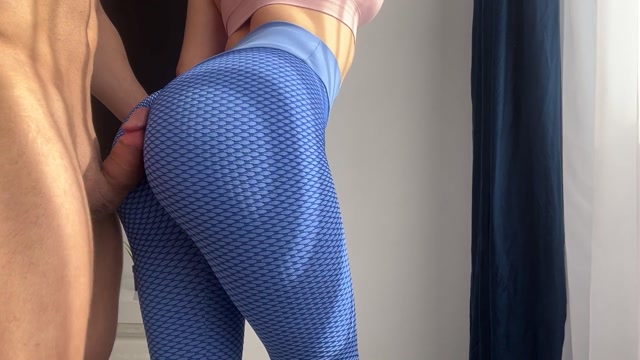











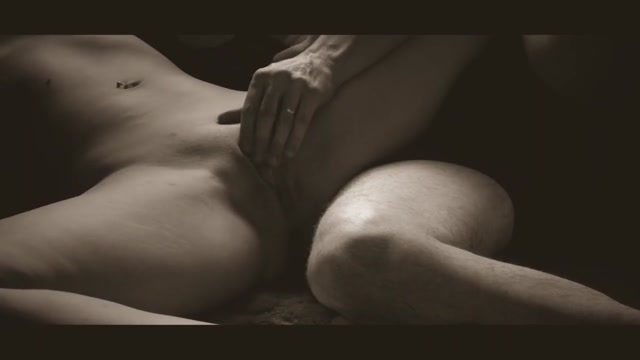




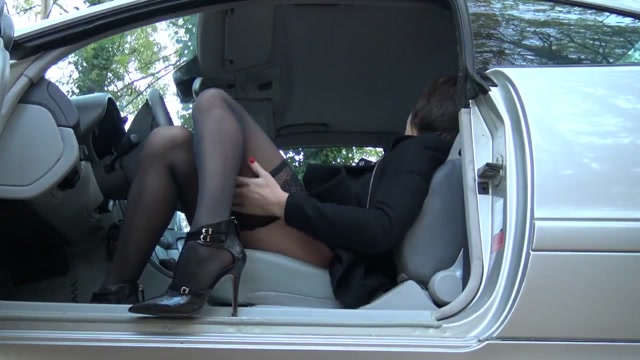






![Cкриншот Публичный минет на пляже [вк, порно онлайн бесплатно, порно игры, порно фильмы, порно сайт, порно]](https://images.embed-player.space/17/09/13/493153-002.jpg)
